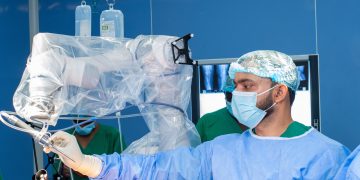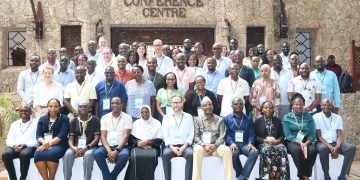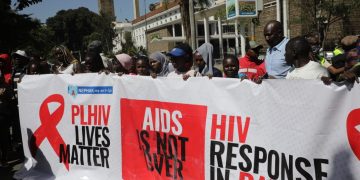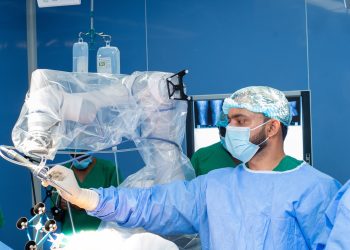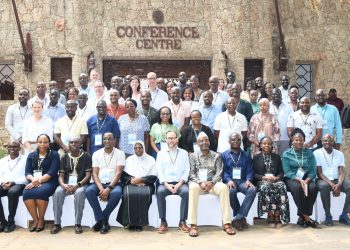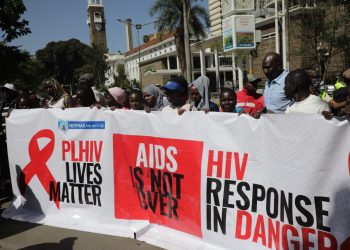By Felix Achanda
The government has been urged to allocate funds towards treatment of endometriosis, an expensive and hard to treat disease affecting 10 percent of women globally.
According to the Endometriosis Foundation of Kenya, one in ten women suffer from endometriosis yet there are no funds dedicated to combating the disease.
“The government should reconsider its reallocations and aid its citizens in battling the disease that requires a lot of money, specialized personnel and complex equipment to treat,” said Elsie Wandera, founder of the Endometriosis Foundation of Kenya.
She added that the government should train more gynaecologists, doctors with expertise in the reproductive system, whose shortage makes it hard for patients to get specialised care and management of the disease.
The US Women Health Department defines endometriosis as the growth of the uterus lining outside the uterus.
Wandera noted that since the disease usually affects organs outside female reproductive system, doctors should take a multi-disciplinary approach when combating the disease instead of leaving the ailment to fertility experts alone.
“As the uterus lining growth is likely to affect organs near the female reproductive system such as the kidney and the urethra, treatment of the disease should not be left to gynaecologists and other fertility experts but a team work approach involving doctors from various specialists should be taken,” said Dr Charles Muteshi, an obstetrician gynaecologist and fertility expert.
Early detection of the disease is vital in treatment and avoiding infertility and chronic pain.
Wandera said symptoms of the disease such as unbearable, lengthy and painful menstrual periods are often ignored among young girls.
The society advocated for free pads to school-going children as some of them coping with the disease, resulting in lengthy periods, do not have sanitary pads leading them to suffer and be stigmatized and in other instances forced to miss school.
ESK also called for workers suffering from the disease to be granted leave during their periods.
“As employees affected by the diseases are in great pain during their periods, the government and private sector employers should allocate leave days during their period’s duration,” said Wandera.
Lack of advocacy about the disease has made it hard to fight it, hindering the understanding of what patients and their families go through when combating the disease.
The organization also wants the government to avail laparoscopy services to all level 5 hospitals in the country, a service that is vital to the detection of the disease.
They said lack of a government endometriosis advocacy body has led to lack of data and information about the disease, leading many women victims to assume some of the symptoms as normal and seeking medical intervention when treatment itself may result in adverse effects.
“Treatment at advanced stages usually involves removal of part or full reproductive organs such as the uterus, ovaries and fallopian tubes in an attempt to ease pain or unblock fallopian tubes or ovaries, a treatment that may lead to infertility,” said Dr Muteshi.
“When detected at an early stage, minor surgeries aimed at unblocking fallopian tube or ovaries may aid one to naturally conceive. Patients should inform doctors about their plans to conceive when they seek medical treatment especially the surgery option.”
Endometriosis does not affect women after hitting menopause and regresses when one reaches that stage.
As the disease is linked to the menstrual cycle, pills that suppress periods and hence elimination of painful menses are one of the many treatment options especially to those who don’t want children or have completed their planned child bearing terms. This is because the pills have side effects including prolonged use leading to infertility.
The Endometriosis Foundation of Kenya requested insurance companies to consider covering chronic illness.


